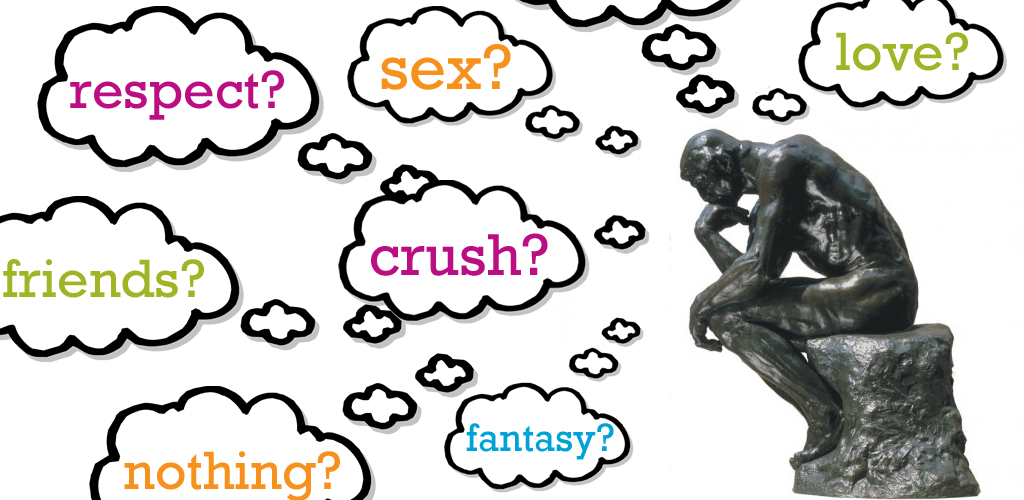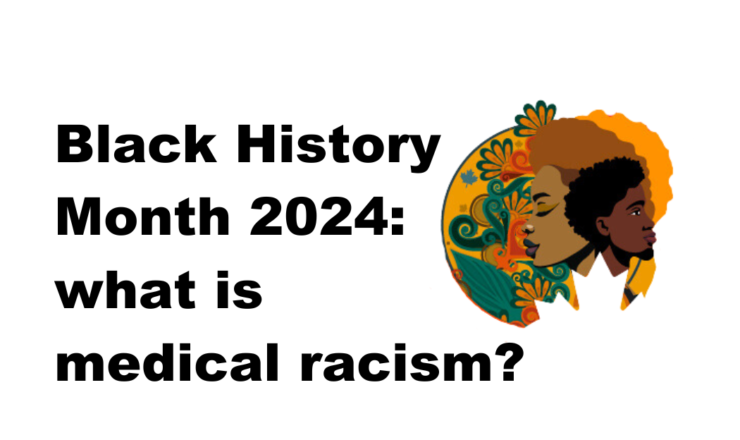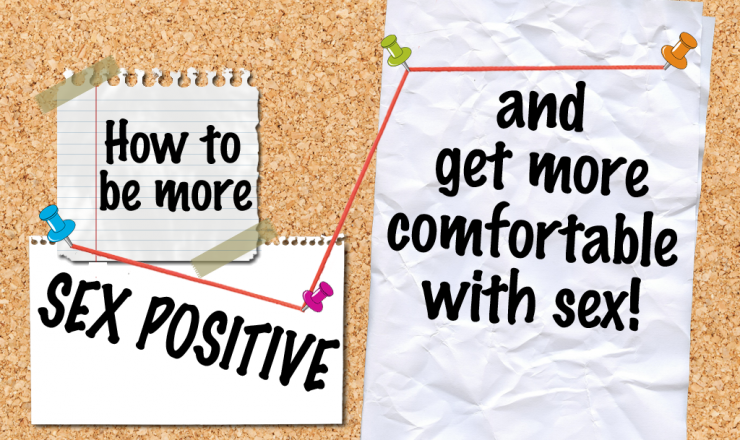

This is a really common question we get at Teen Health Source, and there’s no one clear answer we can give. But let’s see if we can unpack some of the stuff you’re bringing up here.
Labels like “Straight” or “Bi” or “Gay” are pretty common ways to generalize how attraction works in a relationship, but as your question demonstrates, they don’t always fully capture the nuances of how we understand and work through our romantic and sexual attractions towards people. A lot of people like to make clear distinctions between what types of people attract them emotionally and what types of people turn them on sexually.
Now, you don’t say, but maybe you identify as gay (or homosexual), since you’re sexually attracted to other men (your bf). Also, assuming that your are romantically attracted to your boyfriend AND have feelings for your friend, you could also identify as being biromantic. Biromantic would mean being romantically attracted to people of two genders. Now, if you’re romantically attracted to more than two genders, you could identify as panromantic. Check the bottom of this post for more terms and their definitions!
There are other ways of being attracted to people too. You can have a quick crush, you can just admire or respect them a great deal, you can just see them as a fantasy (but in reality, dating them would be a nightmare). There’s also aesthetic attraction, which means appreciating someone’s appearance in the way you might appreciate a painting or sculpture: You like looking at them, but you don’t feel romantically or sexually attracted to them. We often only talk about attraction as sexual or non-sexual, but there’s a lot of value in exploring and/or understanding the reasons and ways we’re attracted to people.
We do want to mention that it’s possible for you to identify with these labels without changing the shape or structure of your relationship. Like, you don’t need to change anything if you feel like you identify as biromantic. If you’re monogamous and happy with their boyfriend, you don’t suddenly have to open it up to include this friend. It’s possible to identify a feeling that you’re having for another person without acting on it. (It’s also possible to identify as bisexual or biromantic without doing anything sexual or romantic with the female friend.) This does not mean you love your partner less. Thinking or fantasizing about going on a date or having sex with someone else does not diminish your relationship.
That said, if you think these are feelings that you do need to explore, it’s worth talking to your partner first to make sure that you’re not crossing any of their boundaries. Changing the shape of your relationship from monogamous to something more open requires a lot of communication. We’ll talk more about open relationships in a future post, but for now we’d recommend checking out Scarleteen’s awesome 3-part series on it:
But again, we can’t tell you if you’re biromantic or bisexual. Only you can say how you feel and how you want to understand the different ways you’re attracted to people. But hopefully this helps!
For more terms and definitions, you can check out these glossaries:
If you have questions about this topic, feel free to contact one of our peer educators. [Link]
Last Updated: April 2020

This article talks about medical racism, what it means, how it shows up in Canadian healthcare, and what can be done about it!

Cheating can be hard on a relationship. It’s normal for partners who have been cheated on to feel angry or lost. This post covers some things partners can consider when dealing with the complicated emotions or tough decisions that can come up in the aftermath.

Unlearning sex-negativity can be hard. So how can we work on that? Or how can we work on getting more comfortable with sex for ourselves? This post offers some tips on ways to practice being more sex-positive!